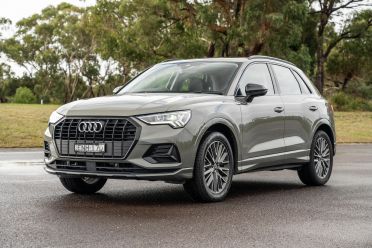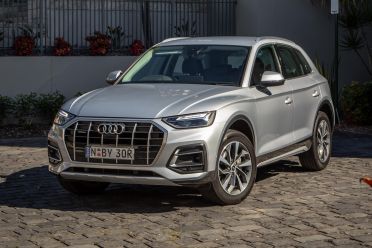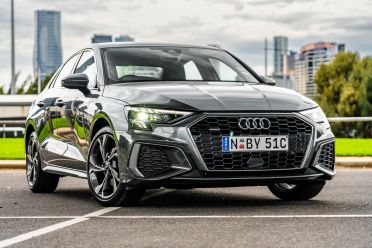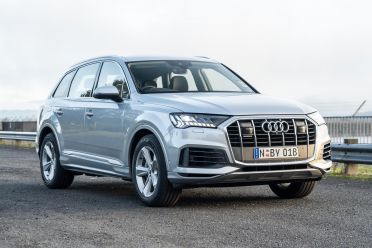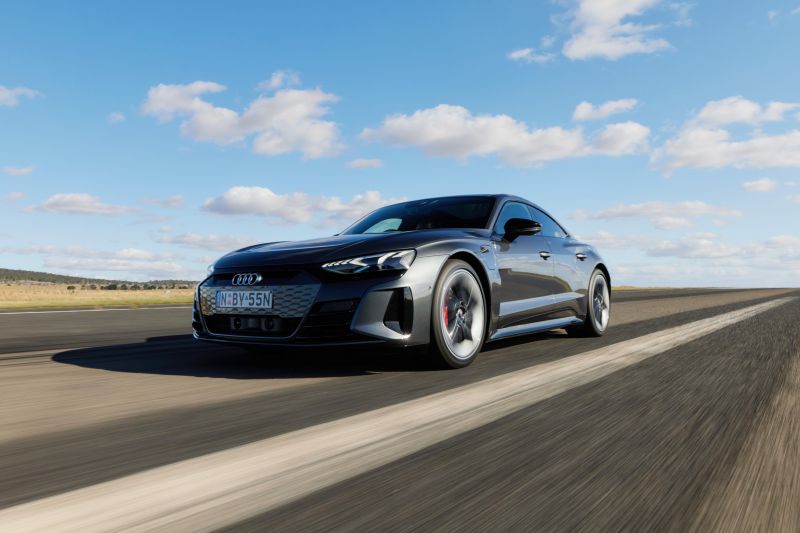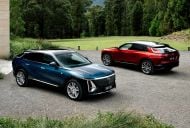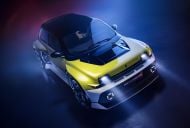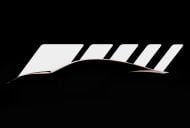Audi Australia registered more vehicles than BMW and Mercedes-Benz Cars in Australia during February, posting substantial monthly growth of 126.4 per cent.
It still played second fiddle, however, if you consider Tesla a luxury brand. The American brand recorded 3516 registrations.
Now with a mostly filled-out range after years of being hamstrung by supply issues and waiting for new-generation products, Audi saw strong performance across its line-up.
Leading the charge was the ever-popular Audi Q3 crossover, which returned 452 registrations (up 156.8 per cent) and placed second in the Small SUV segment over $45k behind the Volvo XC40 (491 units, down 0.4 per cent).
The larger Audi Q5 range was the brand’s second strongest seller in February, with 378 registrations (up 22.7 per cent) and was only bettered in the Medium SUV category over $60k by the Tesla Model Y (845 units).
For reference, it outsold the BMW X3 and X4 combined, as well as the soon-to-be-replaced Mercedes-Benz GLC and GLC Coupe combo.
Several models in Audi’s local line-up posted significant monthly growth in February as well, largely off the back of improved supply and updated models that launched after February 2022.
The Audi A3 Sportback (hatch) and Sedan were up 401.8 per cent on the same month last year (281 units), and even outsold the related Volkswagen Golf (172 units, up 126.3 per cent) – though the VW is severely supply constrained – and Cupra Leon (31 units).
It’s worth noting the latest A3 first landed in March 2022, following a string of delays between generations which left the brand without its volume-selling passenger car.
Audi’s three-row Q7 SUV also recorded good growth for February, up 303.5 per cent to 230 units. The Audi Q7 was right behind the BMW X5 (235 units, down 23.5 per cent), and a little further off the top-selling Mercedes-Benz GLE Wagon (319 units, up 111.3 per cent).
Smaller wins came from the Audi Q2, at least in terms of volume, which with 79 registrations marked a 507.7 per cent growth in February. The A4 and A5 Sportback posted similar gains – up 204.8 per cent and 300 per cent to 64 units and 44 units respectively.
While all-electric sales are really picking up pace in Australia, Audi’s range of EVs maintained fairly niche numbers. The e-tron and e-tron Sportback SUVs recorded 19 registrations (up 171.4 per cent) ahead of the revised Q8 e-tron and SQ8 e-tron range arriving around mid-year.
The recently-launched flagship e-tron GT actually fared better overall with 32 units in its first official month on sale, though Audi’s four-door performance EV couldn’t match the volume of its twin-under-the-skin, the Porsche Taycan (48 units, no change).
Year to date (YTD), Audi is sitting at 3033 registrations across its line-up which is 98.5 per cent up on Jan-Feb 2022. That puts it well ahead of BMW (2527 units, down 28.7 per cent) and just behind Mercedes-Benz Cars (3279 units, down 7.9 per cent).
The gulf widens if you include Mercedes-Benz Vans’ sales, which are recorded separately. Audi and BMW have no commercial vehicle range to rival the three-pointed star brand’s van line-up.
The main new release on the German marque’s radar in 2023 is the new Q8 e-tron and SQ8 e-tron range, which will replace the current e-tron, e-tron Sportback and e-tron S models.
Also coming soon is the Q5 55 TFSI e plug-in hybrid, which will mark Audi’s return to the PHEV segment having previously offered plug-in A3 and Q7 models.
There’s also potential for all-new versions of the A4, A6 and Q5 to be revealed in the next 12-18 months, though we’re unlikely to see these new models in Australia until 2024.
Stay tuned to CarExpert for the latest, and let us know your thoughts in the comments.





